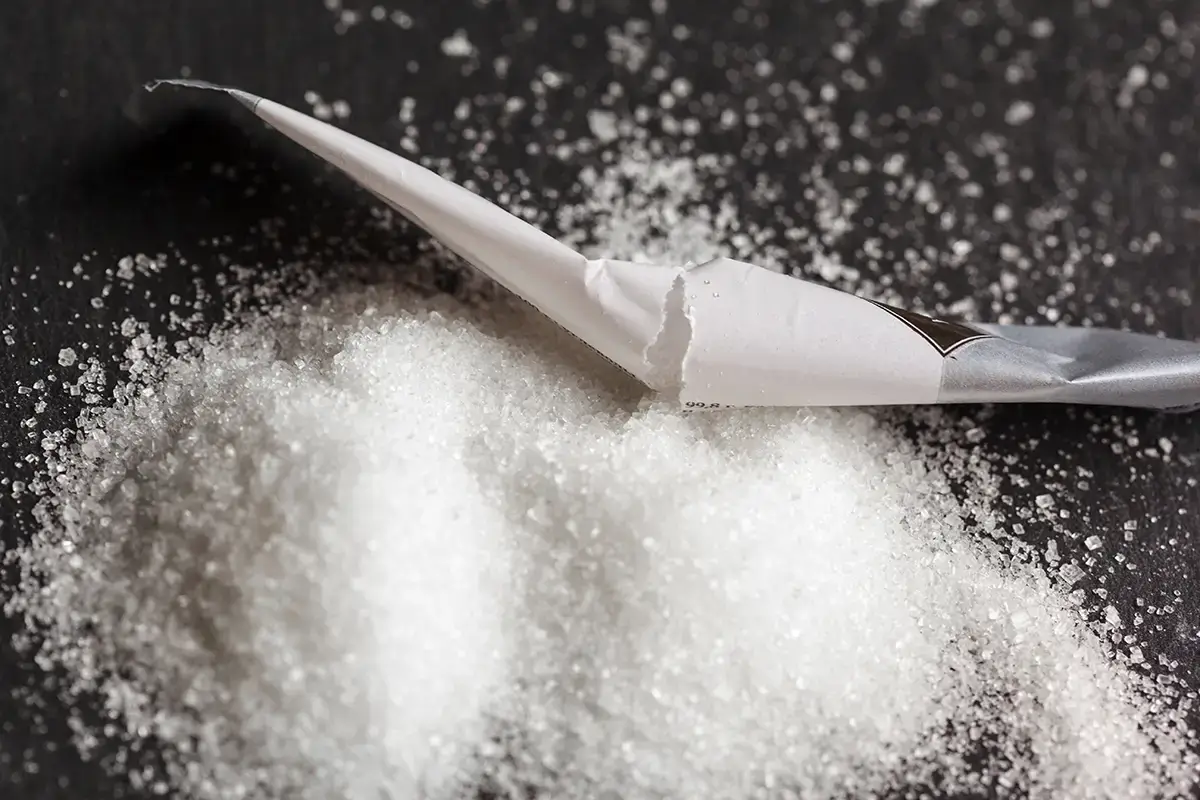Did You Know Sugar Can Be as Addictive as Drugs Like Cocaine?
Did you know that sugar can be as addictive as drugs like cocaine? This surprising claim is supported by recent scientific research comparing the effects of sugar on the human brain to those of highly addictive substances. Excessive sugar consumption is linked to a range of health problems, such as obesity, type 2 diabetes, and cardiovascular diseases. However, what many people don’t realize is that its impact on the brain is comparable to that of illicit drugs.
In 2023, a study published in the journal “Neuroscience & Biobehavioral Reviews” revealed that sugar consumption can trigger a brain response similar to that observed with cocaine use. Researchers used magnetic resonance imaging (MRI) to observe the brain activity of individuals consuming sugar and found that areas related to pleasure and reward were activated in a manner similar to those activated by cocaine use. This study, along with others, reinforces the idea that sugar can create a cycle of dependence that is difficult to break.
Furthermore, a 2022 report from the World Health Organization (WHO) highlighted that global sugar consumption continues to rise, with the average per capita consumption reaching about 24 kg per year. This is alarming, considering the risks associated with excessive sugar consumption, including the development of compulsive behaviors similar to those seen in drug users.
The biological mechanism behind this dependence involves dopamine, a neurotransmitter that plays a crucial role in the brain’s reward system. When we consume sugar, dopamine is released, providing a sense of pleasure. This is the same process that occurs with drugs like cocaine, which drastically increase dopamine levels, leading to an intense feeling of euphoria. Over time, the brain needs increasingly larger amounts of sugar to achieve the same pleasure sensation, creating a vicious cycle of dependence.
The comparison between sugar and cocaine is not limited to their effects on the brain. Animal studies have shown that when given a choice between sugar water and cocaine, rats often prefer the sugar water. This behavior suggests that sugar may be even more appealing than notoriously addictive drugs, at least in certain experimental contexts.
Another concerning aspect is the accessibility and social acceptance of sugar. While illicit drugs are controlled and illegal, sugar is widely available in various foods and beverages. The food industry often adds sugar to processed products to make them more palatable and, consequently, more addictive. This includes not only sweets and sodas but also unexpected items like bread, sauces, and frozen foods.
To combat sugar addiction, a multifaceted approach is essential. This can include educating people about the risks of excessive sugar consumption, promoting healthier alternatives, and implementing public policies that limit the amount of sugar in processed foods. Some countries have already started adopting measures such as taxes on sugary drinks and stricter regulations on food labeling.
Reducing sugar consumption is not an easy task, especially for those who have already developed a dependence. However, it is possible to make gradual dietary changes that can help decrease sugar cravings. Replacing processed foods with natural, whole options like fruits and vegetables can be a good start. Additionally, it’s important to pay attention to food labels and choose products with low added sugar content.
In summary, the comparison between sugar and drugs like cocaine is not just hyperbole. Scientific evidence shows that sugar can cause changes in the brain similar to those caused by addictive substances, leading to a cycle of dependence. With global sugar consumption at alarming levels, it is crucial to raise awareness about the risks and promote healthier eating habits to protect public health.
Sources Consulted
- World Health Organization. “Global Sugar Consumption Report.” 2022.
- “Neuroscience & Biobehavioral Reviews.” Study on the effects of sugar on the brain, 2023.
- American Heart Association. “Impact of Sugar on Health.” 2022.














